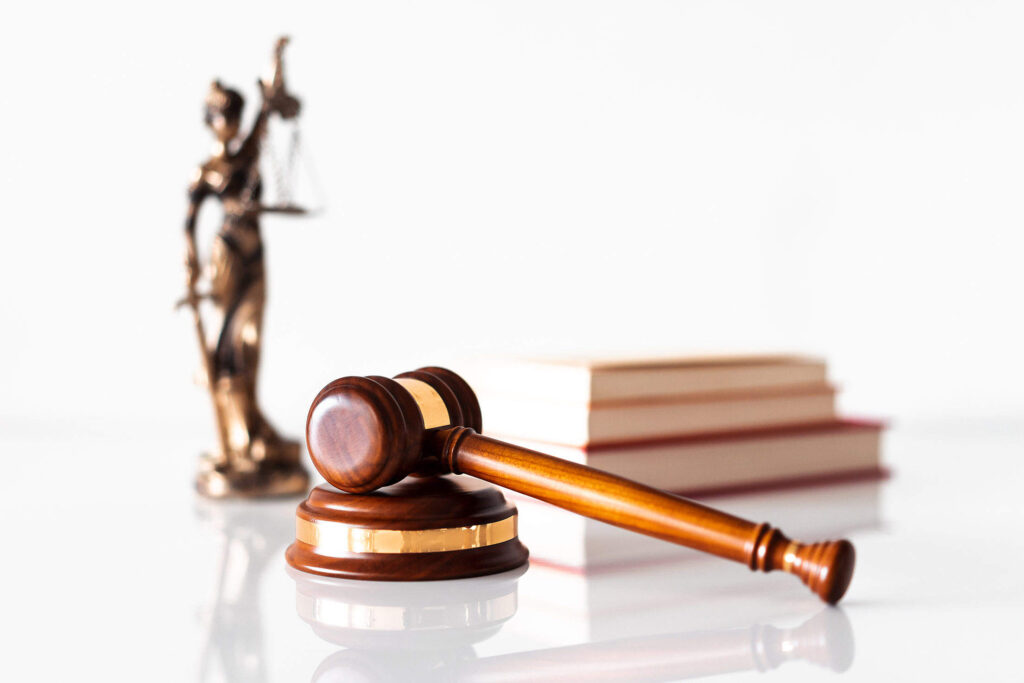Table of Contents
Introduction
Car accidents are distressing events that can leave lasting physical, emotional, and financial repercussions for all involved. While much attention is understandably focused on the drivers of the vehicles, it’s essential not to overlook the rights of passengers who often find themselves caught up in the chaos of a collision. In this comprehensive guide, we’ll explore the legal rights and potential recourse available to passengers injured in car accidents.
Passenger Rights in Car Accidents
Passenger rights in car accidents encompass a complex and multifaceted set of legal principles designed to protect individuals who find themselves unexpectedly involved in motor vehicle collisions. As a passenger, you become an unwitting participant in the actions and decisions of the drivers operating the vehicles you are traveling in, often with limited control over the circumstances leading to an accident. Whether you’re commuting to work, traveling with friends, or simply running errands, the unexpected occurrence of a car accident can result in a myriad of physical, emotional, and financial consequences for passengers.
Understanding your rights in such situations is paramount to ensuring that you receive appropriate compensation for any injuries sustained and that you can navigate the legal complexities of seeking restitution from responsible parties. From determining fault and assessing insurance coverage to adhering to statutory limitations and seeking legal assistance, passengers must be aware of their rights and responsibilities in the aftermath of a car accident to protect their well-being and secure the compensation they rightfully deserve.
1. Right to Safety:
Passengers have the fundamental right to expect a safe and secure ride when they get into a vehicle. This means that both the driver and the owner of the vehicle have a responsibility to ensure passengers’ safety. If a passenger is injured due to the negligence of the driver, such as speeding, driving under the influence, or distracted driving, they may have a legal basis for a personal injury claim.
2. Right to Compensation:
If you are injured as a passenger in a car accident, you may have the right to seek compensation for your injuries. This compensation may cover medical expenses, lost wages, pain and suffering, and more. The extent of compensation can vary depending on the severity of injuries and the circumstances of the accident.
3. Determining Liability:
One of the key aspects of passenger rights in car accidents is determining who is at fault. This could be the driver of the vehicle you were in, another driver involved, or even a combination of factors. Understanding liability is critical in pursuing a legal claim. An experienced attorney can help investigate the accident, gather evidence, and identify the responsible party.
Legal Recourse for Injured Passengers
If you’ve been injured as a passenger in a car accident and believe that someone else’s negligence played a role in the collision, you may have the right to seek legal recourse. Here are steps to consider:
1. Seek Medical Attention:
Following a car accident, prioritizing your health is paramount. Even if you believe your injuries are minor or do not immediately feel the impact of the accident, it’s crucial to seek medical attention without delay. Some injuries, such as whiplash, concussions, or internal trauma, may not present symptoms immediately but can have serious long-term consequences if left untreated. By seeking prompt medical care, you not only ensure that any injuries are properly diagnosed and treated but also establish a crucial record of your medical condition following the accident. This documentation is vital for any potential legal claim you may pursue to seek compensation for your injuries and damages.
2. Report the Accident:
Immediately following a car accident, it’s essential to notify the authorities and ensure that a police report is filed. Contacting the police serves several purposes, including documenting the incident, ensuring the safety of everyone involved, and facilitating the exchange of information between parties. When law enforcement arrives at the scene, they will assess the situation, gather evidence, interview witnesses, and compile a detailed report outlining their findings. This police report is a crucial piece of evidence that can help establish the facts of the case and determine liability. It typically includes information such as the date, time, and location of the accident, a description of the vehicles involved, statements from drivers and witnesses, any citations issued, and the officer’s assessment of fault.
3. Gather Information:
In the immediate aftermath of a car accident, it’s crucial to gather as much information as possible to support your case. This includes obtaining photographs of the accident scene, including the vehicles involved, any visible damage, road conditions, and relevant signage or traffic signals. Additionally, collecting witness statements from individuals who saw the accident occur can provide crucial corroborating evidence. Be sure to obtain the contact details of all parties involved, including drivers, passengers, and witnesses, as well as their insurance information. This information will be invaluable when filing a claim with insurance companies or pursuing legal action.
4. Consult an Attorney:
It’s advisable to consult with an experienced personal injury attorney who can guide you through the process, assess the strength of your case, and help you understand your legal options.
5. Insurance Claims:
Following a car accident, passengers may need to initiate insurance claims to seek compensation for their injuries and damages. This typically involves filing claims with both their own insurance company and the insurance provider of the at-fault party or parties involved in the accident. Navigating the insurance claims process can be daunting, especially when dealing with multiple insurance companies and complex legal requirements. Fortunately, having an experienced attorney by your side can greatly alleviate this burden. Your attorney will assist you in gathering necessary documentation, such as medical records and accident reports, and communicating with insurance adjusters on your behalf. They will also help you understand your insurance policy coverage and negotiate with the insurers to ensure you receive fair compensation for your losses.

Conclusion
In conclusion, it’s imperative to recognize that passengers injured in car accidents are not without recourse; they possess inherent rights that safeguard their interests and well-being in the aftermath of such unfortunate events. Being cognizant of these rights serves as a critical safeguard, empowering individuals to navigate the complex legal landscape that often accompanies motor vehicle collisions. However, the journey toward obtaining justice and fair compensation can be fraught with challenges and complexities, necessitating the expertise of legal professionals well-versed in the intricacies of personal injury law.
Seeking timely and comprehensive legal advice from reputable attorneys specializing in car accident cases is not merely advisable; it’s a proactive step toward securing the best possible outcome for your case. By leveraging the knowledge and experience of legal professionals, passengers injured in car accidents can effectively assert their rights, hold responsible parties accountable, and pursue the compensation they rightfully deserve. Remember, your understanding of your rights is the cornerstone of your ability to advocate for yourself and protect your interests. Therefore, if you’ve been involved in an Oklahoma City (OKC) car accident as a passenger and have suffered injuries, don’t hesitate to explore all available legal options. Your well-being and future may depend on it.












